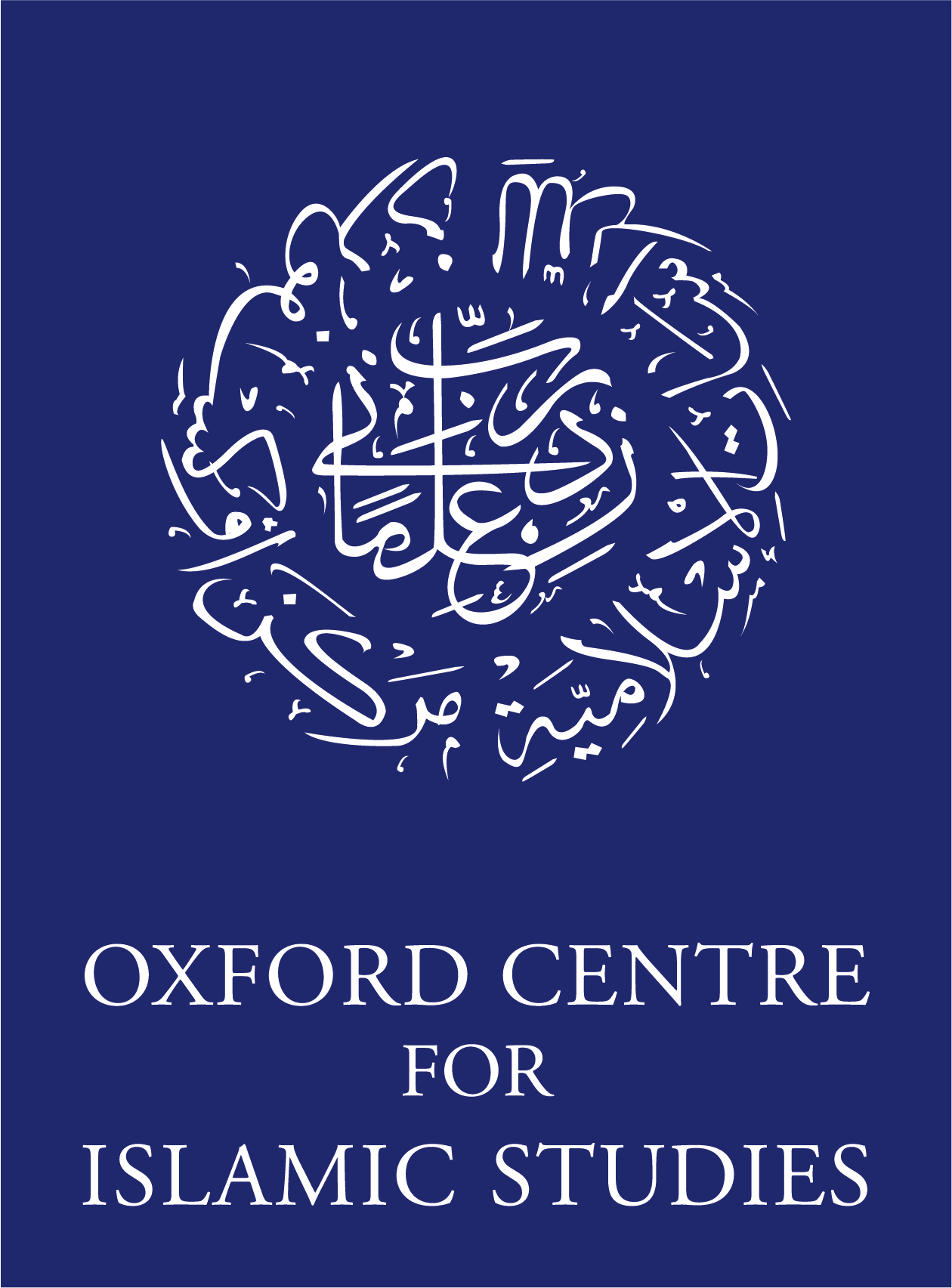Nana Asma’u (d. 1864): The Erudite Poet and Mystic of the Sokoto Caliphate
Arguably the most prolific female scholar and mystic of her generation, Nana Asma’u bint Usman dan Fodio (d. 1864) hailed from a family of erudite Muslim scholars and rulers of the Fulani tribe. In 1804, her father, Shehu Usman Danfodiyo, launched his Islamic reform and revival movement (jihad), which changed radically the religious landscape of the Hausaland, and brought into existence the Sokoto Caliphate. The advent of the Caliphate was a defining event in the history of sub Saharan Africa. Sokoto was the largest imperial power since the collapse of the Songhay dynasty in 1591. As the daughter and sister of the first two Caliphs respectively, Asma'u was a privileged witness to the genesis and development of the Sokoto Jihad, its success as well as its tragedies. Her literary output offers a first-hand account of the Fodiya clan’s unprecedented spiritual and political leadership. Her life is a window into the Qadriyya Sufi Order, female mysticism and scholarship in pre-colonial West Africa. In this seminar, I will consider Sufism and Islamic revival in West Africa, the establishment of the Sokoto Caliphate, Nana Asma’u’s socio-intellectual and spiritual achievements, and Yan Taru (the associates) or Asma’u’s ‘ministry of education.’
Dr Minlib Dallh is a research Fellow for the Study of Love in Religion at Regent’s Park College, Oxford. His research focuses on comparative mysticism in Islam and Christianity, with special interest in love-mysticism in Sufism and the contribution of women mystics in both faith traditions. In the ‘Love in Religion’ project he focuses on the mysticism of love in its medieval and modern forms. His book, A Sufi and a Friar: a Mystical Encounter of Two Men of God in the Abode of Islam was published by SUNY Press in 2017. He is working on a new monograph: Women Sufis: Models of Sanctity and Erudition in Muslim Societies.
To join the seminar please register.
